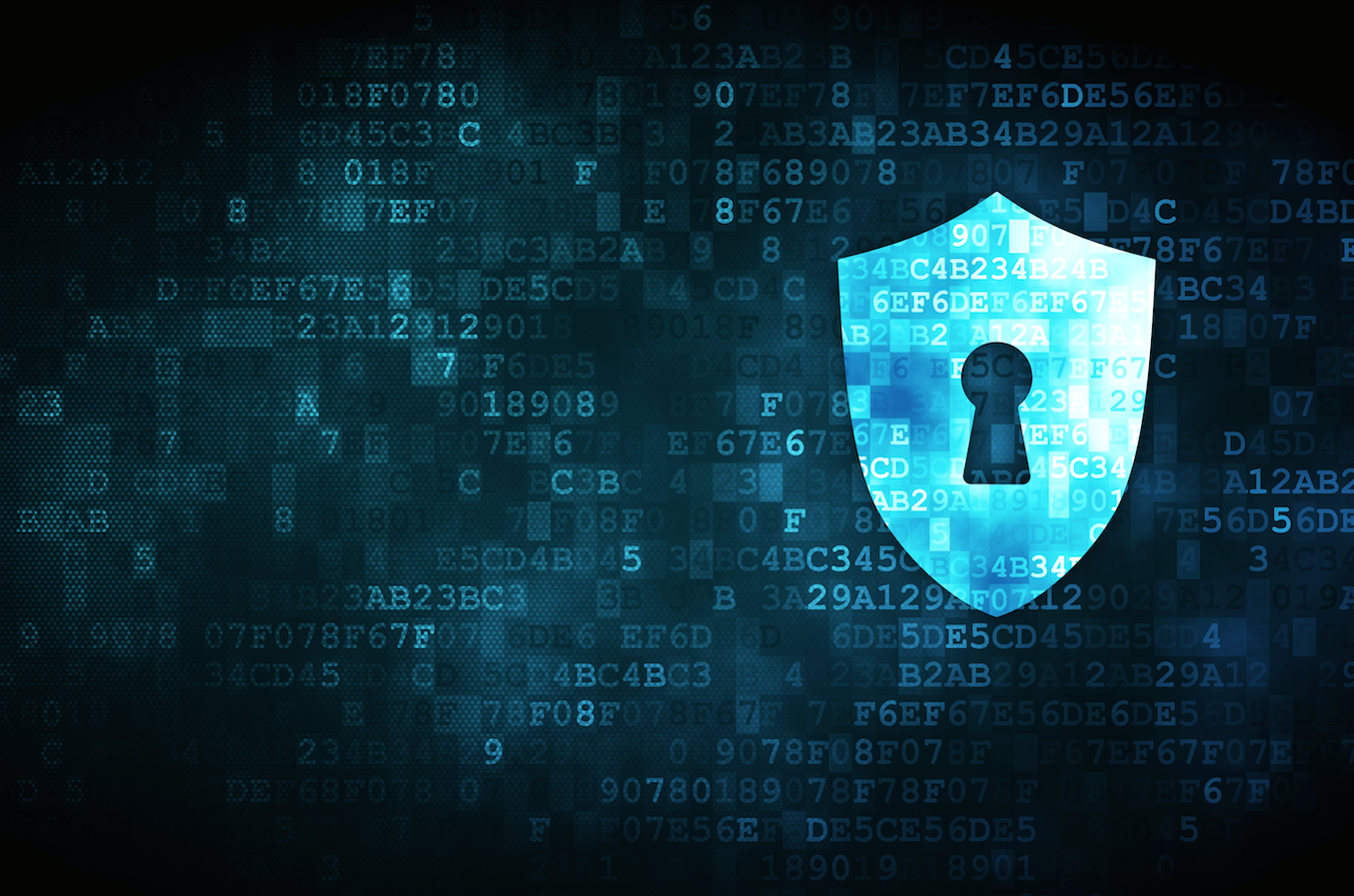If you run your own business then one thing you might not have considered is that just by using your computer and the internet to carry out day to day tasks, such as making purchases, sales, transfers and any other financial tasks you are actually putting your sensitive data at risk.
This data includes but is not limited to:
- Bank Details
- Passwords
- Client information
- Employee information
If any of this information gets into the hands of the wrong people then you have a potential situation on your hands.
In this blog post, I’m going to go over 4 steps you can take to ensure your systems are secure.
Make Sure Your Computer is Protected
The first thing you should do to ensure your computer is protected from cyber-attacks and hackers is to make sure that it is free from viruses such us trojans and malware. The unwanted programs are often designed to capture sensitive information such as passwords and account numbers.
To avoid getting these viruses in the first place it is a good idea to avoid any questionable websites and also be careful when downloading files to your computer.A good Antivirus program is essential for maintaining a secure system. If you are on Windows it is advised to invest in some 3rd party anti-virus software as many experts claim Windows defender is not up to the task at hand. You can opt for the more premium options such as Norton Anti-Virus or Kaspersky. If you are on a budget, there are also some good free options such as Avira and AVG.
Many people assume that Mac’s do not need antivirus software and this is true somewhat. The risk of infection is very slim as its mainly windows that is targeted by hackers. However, if you are running a business it’s always best to be proactive rather than reactive, so we would advise getting some protection for your Mac as well.
Don’t do the hackers any favours
Now that you’ve got some anti-virus software it’s important that you keep it up to date. The reason there are so many updates is because hackers are constantly finding new loop holes and ways to get in.
The same goes for your operating system and any other programs on your computer. If updates are released, make sure you install them. Again one of the main reasons updates are made to operating systems and software is because hackers have discovered ways to exploit previous versions.
Another thing you have to look out for is strange emails in your inbox. These might be blatantly suspicious or they could be disguised as legitimate mail from your bank or Paypal. Urging you to click through and enter your details. You should never click through emails like this if they are out of the blue. I recently received one from Paypal that said my account had been blocked due to strange activity and I should sign in to fix it. It looked like a real Paypal email but when I checked the sender (which was hidden) it was from a strange email address that definitely wasn’t Paypal. I logged in by typing Paypal.com into my address bar and everything was working fine and my account was not blocked. You can never be too careful.
Is the network secured?
When doing anything involving payments or bank transfers online always make sure that your browser shows https:// in the web address and a little padlock icon rather than the standard “http://”.
This means that the connection is encrypted. This should be on all banking websites, PayPal and any other payment gateways.
You should also try to avoid making payments or accessing your accounts on network computers when you are not in control of the network. E.g. internet cafes, libraries etc. This is because you can’t be sure if somebody is watching what you are doing or not. For the same reason you should also have some caution when you are connecting via somebody else’s WIFI. Try to make sure it is a trusted network.
Getting the basics right
The last tip we will give you is common sense to many people yet they still don’t do it. And this is protecting your accounts by choosing a hard to guess password. Mix it up with letters, numbers, capital letters and symbols.
Also, make sure your banking passwords aren’t the same as your social media or email passwords. These are more commonly hacked and this results in the hackers having the power to do some serious damage.
As a Part Time and Interim FD, I ensure to take all necessary steps to protect client data,


